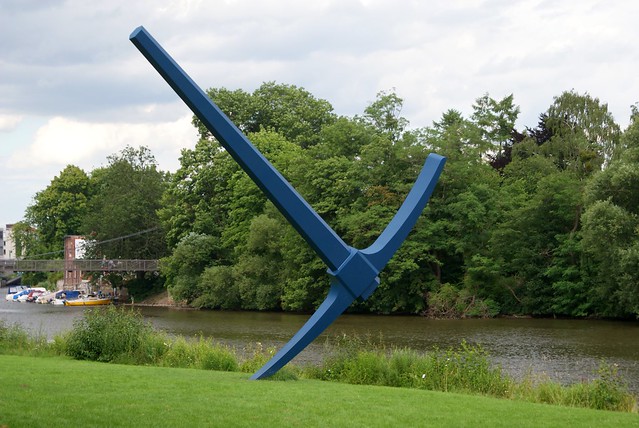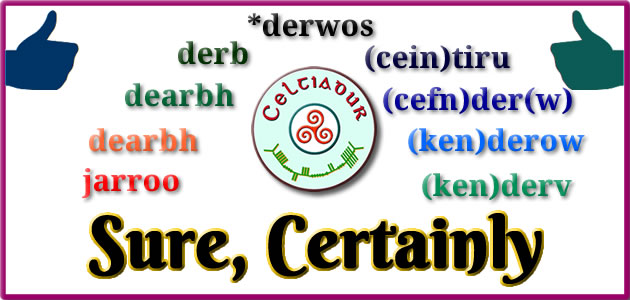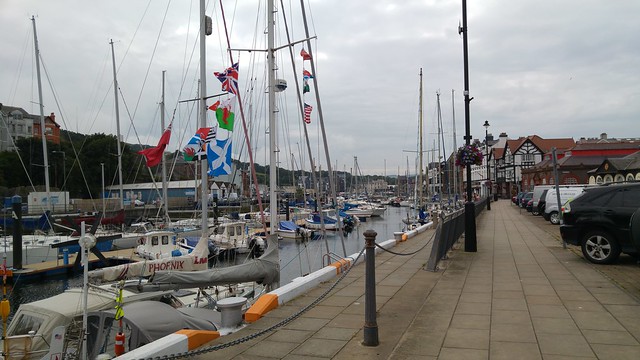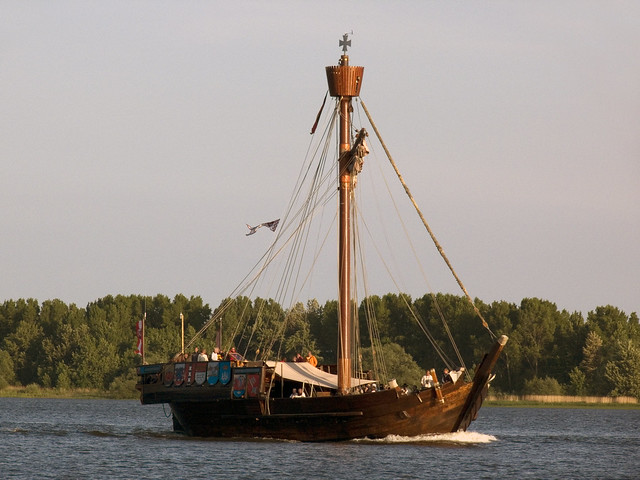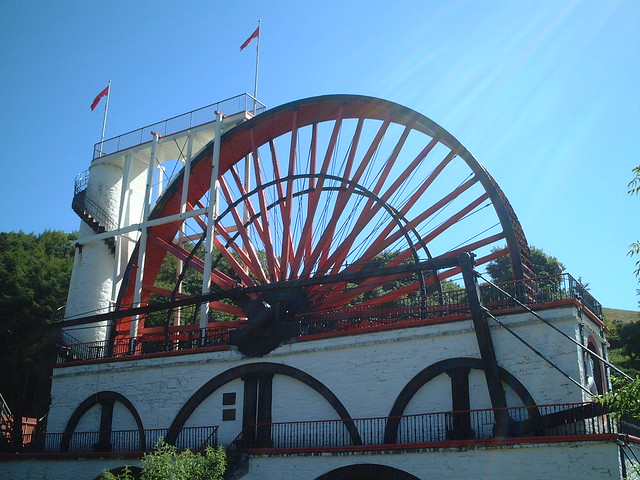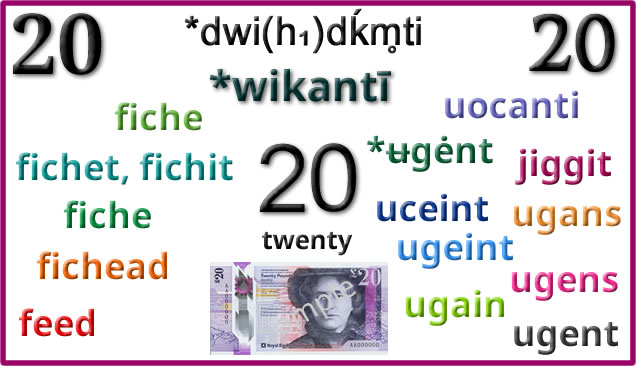Words for dinner and related things in Celtic languages.
Words marked with a * are reconstructions.
| Middle Irish (Gaoidhleag) | din(n)ér = repast, meal |
|---|---|
| Irish (Gaeilge) | dinnéar [dʲɪˈnʲeːɾˠ] = dinner am dinnéir = dinner-time foreann dinnéir = dinner-service |
| Scottish Gaelic (Gàidhlig) | dinnear [dʲiːn̪ʲər] = dinner àm dìnnearach = dinner-time bòrd-dìnnearach = dinner table seacaid-dìnnearach = dinner-jacket/suit, tuxedo seòmar-dìnnearach = dining room |
| Manx (Gaelg) | jinnair = dinner co’heshaght yinnairagh = dinner party forran buird = dinner service jaggad yinnairagh = dinner jacket |
Etymology: from Old French disner (to dine, eat the main meal of the day), from Vulgar Latin *disiūnāre, from Late Latin disieiūnō (to break the fast), from dis- (apart, reversal, utterly) and ieiūnō (to fast) [source].
Words from the same roots include dine and diner and dinner in English, and dîner (to dine, dinner) in French [source].
| Proto-Brythonic | *kinjọ = dinner (?) |
|---|---|
| Middle Welsh (Kymreac) | kinyaỽ, kinyaw, kinio, kinnaw = dinner kino echwydd, ciniaw echwydd, kinnechwydd = midday-dinner kinnawha, kinawu, kinyawa = to dine, eat a meal |
| Welsh (Cymraeg) | cinio [ˈkɪnjɔ] = dinner, breakfast cinio echwydd, cinechwydd = midday-dinner cin(i)awaf, cin(i)awu = to dine, eat a meal ciniawdy = restaurant, café ciniawfwyd = dinner, meal |
| Middle Cornish (Cernwec) | cynyow, cidnio = dinner |
| Cornish (Kernwek) | kinnyow, kidnyow = dinner kinyewel = to dine |
Etymology: cognate with or from Latin cēna (dinner), from Old Latin cesna, from Proto-Italic *kertsnā, from Proto-Indo-European *kért-sneh₂ (portion), from *(s)kert- (to cut), from *(s)ker- (to cut off, separate) [source].
| Middle Welsh (Kymreac) | cvin, kwyn = dinner, supper, feast, banquet kvynnos, cwynos = supper, evening, meal, feast kuynossa, cwynosa = to sup, take supper cwynossauc, cwynossawc = giving (or one who gives) supper or a meal to a king or lord and his retinue on circuit |
|---|---|
| Welsh (Cymraeg) | cwyn = dinner, supper, feast, banquet cwynos = supper, evening, meal, feast cwynosa(f) = to sup, take supper cwynosfwyd = supper, tea, a light meal or lunch taken in the afternoon in the fields. cwynosog = giving (or one who gives) supper or a meal to a king or lord and his retinue on circuit |
| Middle Cornish (Cernwec) | coyn, cón = supper |
| Cornish (Kernwek) | kon = dinner, supper |
| Middle Breton (Brezonec) | coan = dinner, supper, to have supper coan(i)aff, coanyaff, coania = to dine, to have supper coanlech = place where one has supper |
| Breton (Brezhoneg) | koan [ˈkwãːn] = supper, dinner, to have supper koanan, koaniañ = to have dinner, to dine koanier = dinner |
Etymology: from Latin cēna (dinner), from Old Latin cesna, from Proto-Italic *kertsnā, from Proto-Indo-European *kért-sneh₂ (portion), from *(s)kert- (to cut), from *(s)ker- (to cut off, separate) [source].
| Middle Irish (Gaoidhleag) | béile = meal |
|---|---|
| Irish (Gaeilge) | béile [ˈbʲeːlʲə] = meal béile maidine = breakfast béile meán lae = lunch béile oíche = supper, dinner ní fiú a bhéilí é = he is not worth his keep |
| Scottish Gaelic (Gàidhlig) | beil = diet, meal of meat (archaic) |
Etymology: from Middle English mel (a time, occasion, meal, feast), from Old English mǣl (measure, mark, sign, time, occasion), from Proto-Germanic *mēlą (measure, time, occasion, meal), from PIE *meh₁- (to measure) [source].
Words from the same roots include meal in English, maal (meal, time) in Dutch, Mahl (meal) in German, and mål (target, goal, meal) in Swedish [source].
Sources: Wiktionary, Am Faclair Beag, Online Manx Dictionary, Teanglann.ie, eDIL – Electronic Dictionary of the Irish Language, In Dúil Bélrai English – Old Irish glossary, Geiriadur Prifysgol Cymru, Gerlyver Kernewek, Lexicon Cornu-britannicum: A Dictionary of the Ancient Celtic Language of Cornwall, Dictionaire Favereau, TermOfis, Le dictionnaire diachronique du breton, Etymological Dictionary Of Proto Celtic


